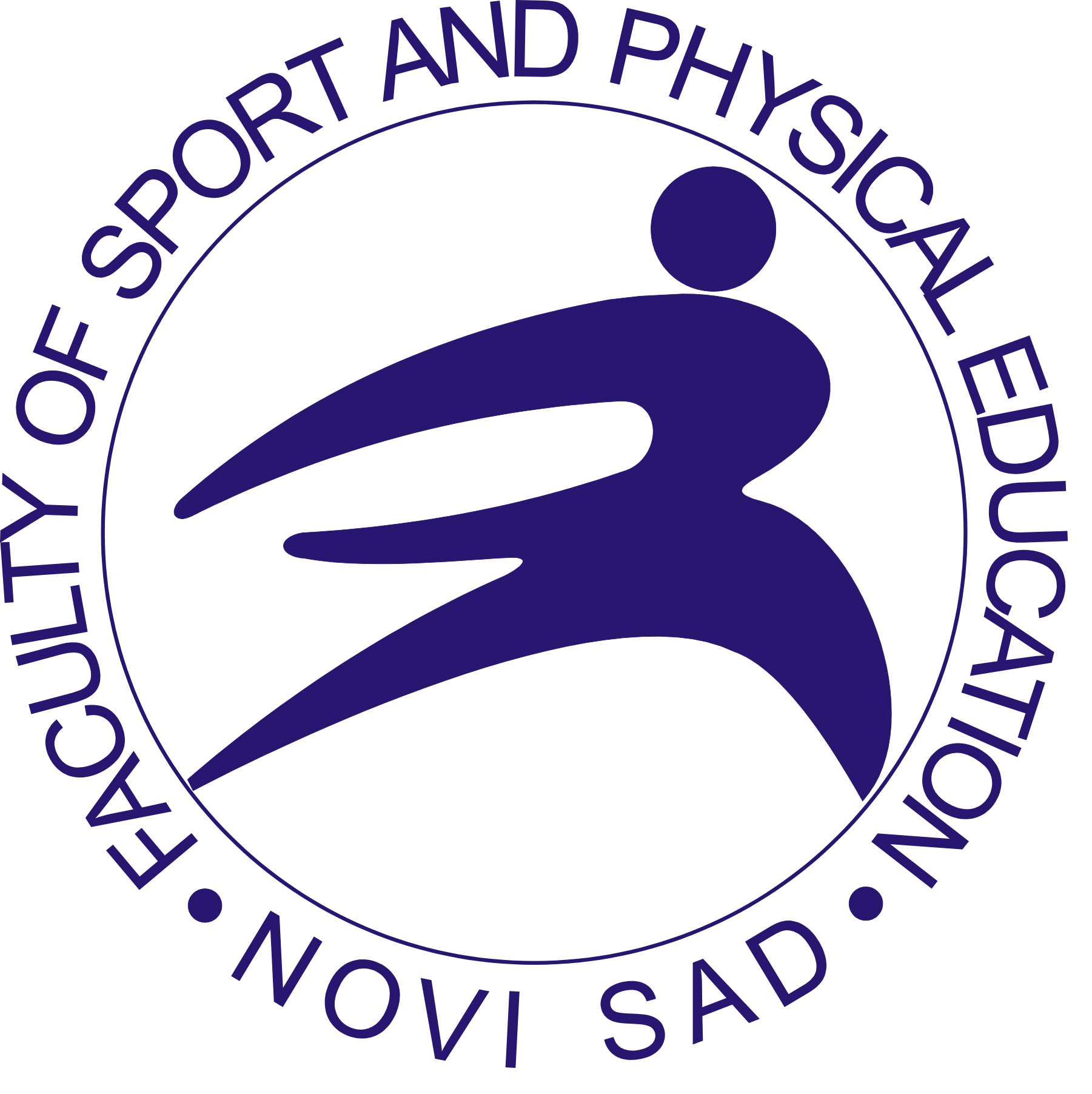Current issue

Volume 18, Issue 1, 2026
Online ISSN: 2406-1379
ISSN: 1821-3480
Volume 18 , Issue 1, (2026)
Published: 17.12.2025.
Open Access
Online First is a feature that enables the publication of final revised articles online before their inclusion in a printed issue. This accelerates the dissemination of research findings and ensures that your authors' work reaches the audience promptly.
Articles published through Online First are assigned a DOI upon their online posting. They should be cited as follows:
Author(s). Title of the article. Exercise and Quality of Life. Advance online publication. DOI:10.31382/xxxx
After assignment to a final issue, citations can include the volume and page numbers in addition to the DOI.
Once articles are allocated to a specific issue, their hosting transitions from the Online First page to the main journal archive. The DOI ensures persistent accessibility.
Citations to Online First articles are counted toward the journal's Impact Factor if other indexing criteria are met. This promotes earlier engagement with the published work.
Online First articles are considered final but not definitive until assigned to a specific issue. Errors identified in the online version can be corrected before the final issue publication.
All issues
Contents
15.06.2021.
Original scientific paper
Relationship between cognitive abilities and manual coordination and balance in preschool children
Background: The purpose of this research was to investigate the relationship between cognitive abilities and manual coordination and balance in preschool children. Methods: The sample consisted of 41 preschool children aged 6.4±0.8 on average, of both sexes (30 boys and 11 girls). On top of their regular preschool activities, the children attended a school of sports for preschool children - multisport activities and exercises, twice a week. The sample of measuring instruments comprised 4 motor tests (One-leg stand test, Mann’s test, Finger to nose, Front raises) and 2 cognitive tests (Raven's Colored Progressive Matrices, Cognitive Assessment System). Data was analyzed by applying Linear and Binary logistic regression analysis. Results: Based on the results of the research, one may conclude that there is a statistically significant relation between cognitive abilities and manual coordination in the tested sample of preschool children. The defined predictor system, which consisted of cognitive tests, showed a significant relationship with the hand coordination test, which was assessed by the Finger to Nose test with the eyes closed. A significant contribution to the established relation was given by the G factor estimated by Raven's colored progressive matrices. Conclusions: Physical activities contribute to the development of motor skills and thus to the development of some cognitive abilities in children, which is of great importance for their further development.
Filip Sadri, Ivo Sadri, Željko Krneta, Jovana Trbojević Jocić, Maja Batez
16.12.2020.
Original scientific paper
Psychometric properties of a Serbian version of the State-Trait Anxiety Inventory X-2
Given that anxiety is a significant individual disposition that affects sports performance, this study aimed to verify the latent variables obtained by the State – Trait Anxiety Inventory X-2, and to compare the obtained factor solutions with the proposed model of latent variables. The second aim refers to the presentation of the results of the questionnaire State – Trait Anxiety Inventory X-2 answered by Serbian male and female handball players. The research was conducted on a sample of 170 respondents, 99 male and 71 female handball players, aged 14 to 39 years (average age = 21.9) with an average handball playing career of 9.39 years. Towards the end of 2019, the respondents filled in the above-mentioned questionnaire used to assess anxiety as a personality trait. Exploratory factor analysis with certain modifications of the algorithm was applied to determine accurately latent space. The overall analysis was performed using the R statistical package. Four factors were selected based on the conducted factor analysis of the latent space of the questionnaire. Ten, five, three and two items are projected on the first, second, third and fourth factor respectively. Since internal reliability of the fourth factor was 0.394 it was excluded from further consideration and interpretation. The achieved scores on four separate factors show that Serbian male and female handball players achieve average results on the first (Presence of Trait anxiety) and the third factor (Absence of proactivity), while they achieve scores above the average on the second factor (Positive affect). In order to examine the sex differences between the examined variables, a one-way analysis of variance was performed. The findings show that there is no statistically significant difference on all three factors between the scores achieved by male and female handball players. A statistically significant difference between handball players of different competitive ranks appeared only on the Positive affect factor between the top athletes and the athletes in the second league (p = .04).
Damjan Jakšić, Jovana Trbojević Jocić, Stefan Maričić, • Bülent Okan Miçooğulları
16.06.2020.
Original scientific paper
Satisfaction of basic psychological needs of young Serbian female athletes: the role of coach and teammates
In youth sport, coach and teammates have a relevant role in an athlete's development as a player. They can create a task or ego-involving motivational climate, and directly influence athlete’s affective, cognitive, and behavioral outcomes. The purpose of this research is to examine the effects of motivational climate created by coach and teammates on the satisfaction of basic psychological needs in sport of young female athletes. The sample consisted of 192 young Serbian female athletes from collective sports (handball, volleyball, and basketball) with an average age of 13.6 years. They filled out Peer Motivational Climate in Youth Sport Questionnaire - MCYSQ (Ntoumanis & Vazou, 2005), Perceived Motivational Climate in Sport Questionnaire - 2 - PMCSQ-2 (Newton, Duda & Yin, 2000), and the Basic Need Satisfaction in Sport Scale (BNSSS, Ng, Losdale, & Hodge, 2011). Results of regression analysis showed that motivational climate created by coach and teammates represent significant predictors of the basic psychological needs: need for relatedness (35.5% of variance), need for competence (21.9% of variance), and need for autonomy – choice (10.5% of variance). Perceived task-involving motivational climate created by coach and teammates singled out as statistically significant predictors of need for relatedness and competence, while task-involving motivational climate created by teammates singled out as significant predictor of need for autonomy. Athletes who perceive coach’s and teammate’s behavior as task-involving, will have more satisfied basic psychological needs. Understanding the factors that facilitate basic needs contribute to prevention of dropping out of sports in adolescence, and athlete’s motivation and achievement.
Jovana Trbojević, Jelica Petrović























